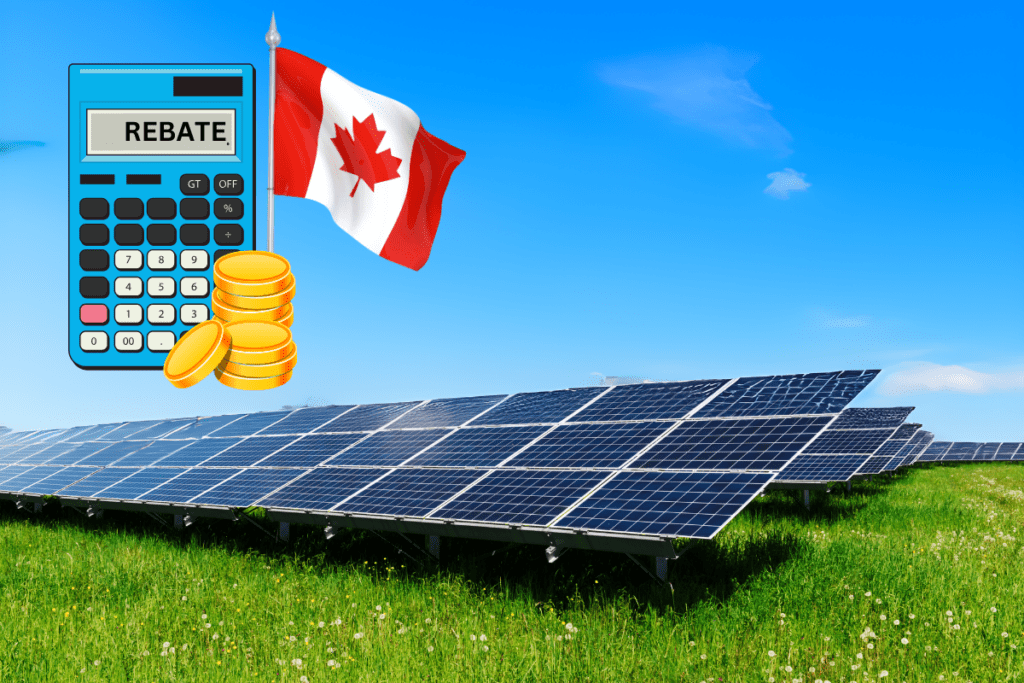Solar Incentives and Rebates: Super Charge Your Savings
Solar energy is a clean and sustainable source of power that is gaining increasing acceptance. There’s plenty of rebates and incentives offered by the utilities and governments to promote its adoption. These incentives are designed to lower the initial costs of purchasing a solar energy system, making it more economical for households and businesses.Solar Incentives & Rebates.
Types of Solar Incentives and Rebates
Tax Credits:
The Federal Tax Credit: This is a tax credit you can claim to lower your federal income tax bill — the credit covers a percentage of the cost of your solar energy system.
• State and Local Tax Credits: Several states as well as local governments provide additional tax credits or exemptions to people for encouraging solar energy use.
Rebates:
Cash Rebates – Specific cash rebates can be offered by some states and utilities to eligible homeowners and businesses who wish to Install Solar. The rebates can make a big difference in the upfront solar system cost.
Net Metering:
You then sell any excess back to the grid via net metering, but at a rate similar to what you pay for power. This can help to reduce your energy bills and even earn money for you!
Property Tax Exemptions:
Don’t pay all property taxes on Panels in some areas (decreasing cost of ownership)
Low-Interest Loans:
Governments and some financial institutions have low-interest loans for financing solar panels, which help afford the initial costs.
How to Search for Solar Incentives and Rebates
To see what incentives are offered where you live, go to:
Seek Guidance from a Solar Installer:** Solar installers can have detailed information regarding local, state and federal incentives.
Take Note of Your Utility Company: Your utility company might provide solar energy rebates or different incentives for its residence.
Research Online: The Database of State Incentives for Renewables & Efficiency (DSIRE) is a good resource to find state-specific information about incentives.
Contact Your
